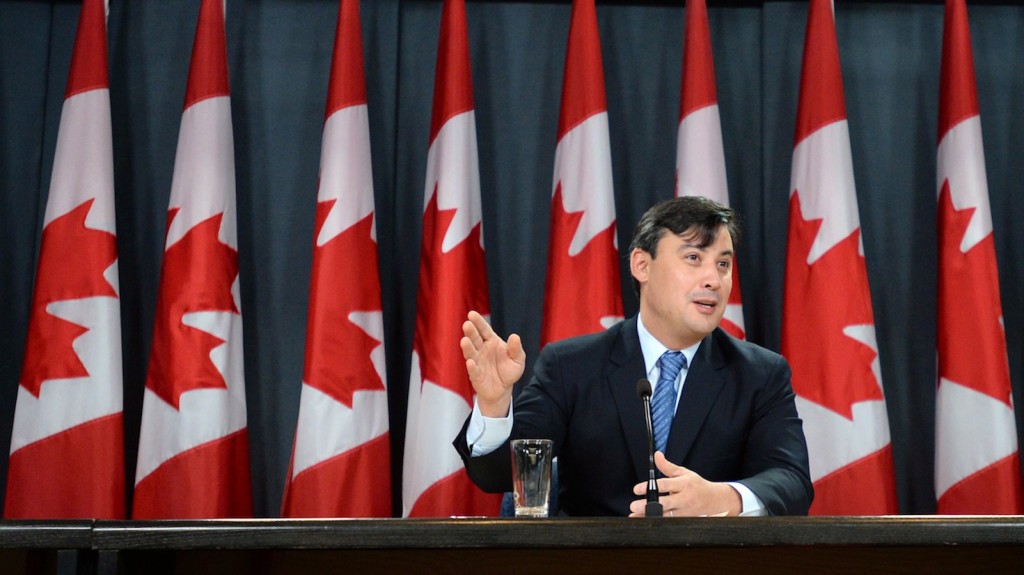In search of a perfect parliament
Well-behaved MPs, civil debates, lofty discourse? We can but dream.
Conservative MP Michael Chong holds a press conference at the National Press Theatre in Ottawa on Tuesday, December 3, 2013. Chong is introducing a bill that would give party caucuses significant powers – including the ability to vote out their leader. THE CANADIAN PRESS/Sean Kilpatrick
Share
Sometime next spring, Bill C-586, otherwise known as Conservative MP Michael Chong’s Reform Act, will pass in the House of Commons and be sent to the Senate for final approval.
Once greeted as a revolution for the House and its members, the final, amended version will likely be something less than that. But, in changing how a party’s candidates are endorsed and allowing for changes in the ways parliamentary caucuses govern themselves, C-586 will still be a step in the direction of a more perfect Parliament.
“I sense there has been a change in the last year,” Chong says, “[in that] ordinary Canadians, who are not affiliated with any one party, who are not part of the political elite in this country, have become engaged on this issue of democratic reform.”
Last year, two books were published on the issue, Tragedy in the Commons and Irresponsible Government—the first a collection of concerns from former MPs, the second a lament from current Independent MP Brent Rathgeber. Both describe an institution in need of repair and reinvigoration.
The next 12 months hold a different promise. In addition to the Reform Act, two other measures—one to expand the ability of citizens to petition Parliament, another to give House committees more independence—are kicking around the House. In Edmonton-St. Albert, Rathgeber will seek to be re-elected as an example of what an MP should be, while a general election could compel a new approach to, and respect for, parliamentary democracy. Couldn’t it?
